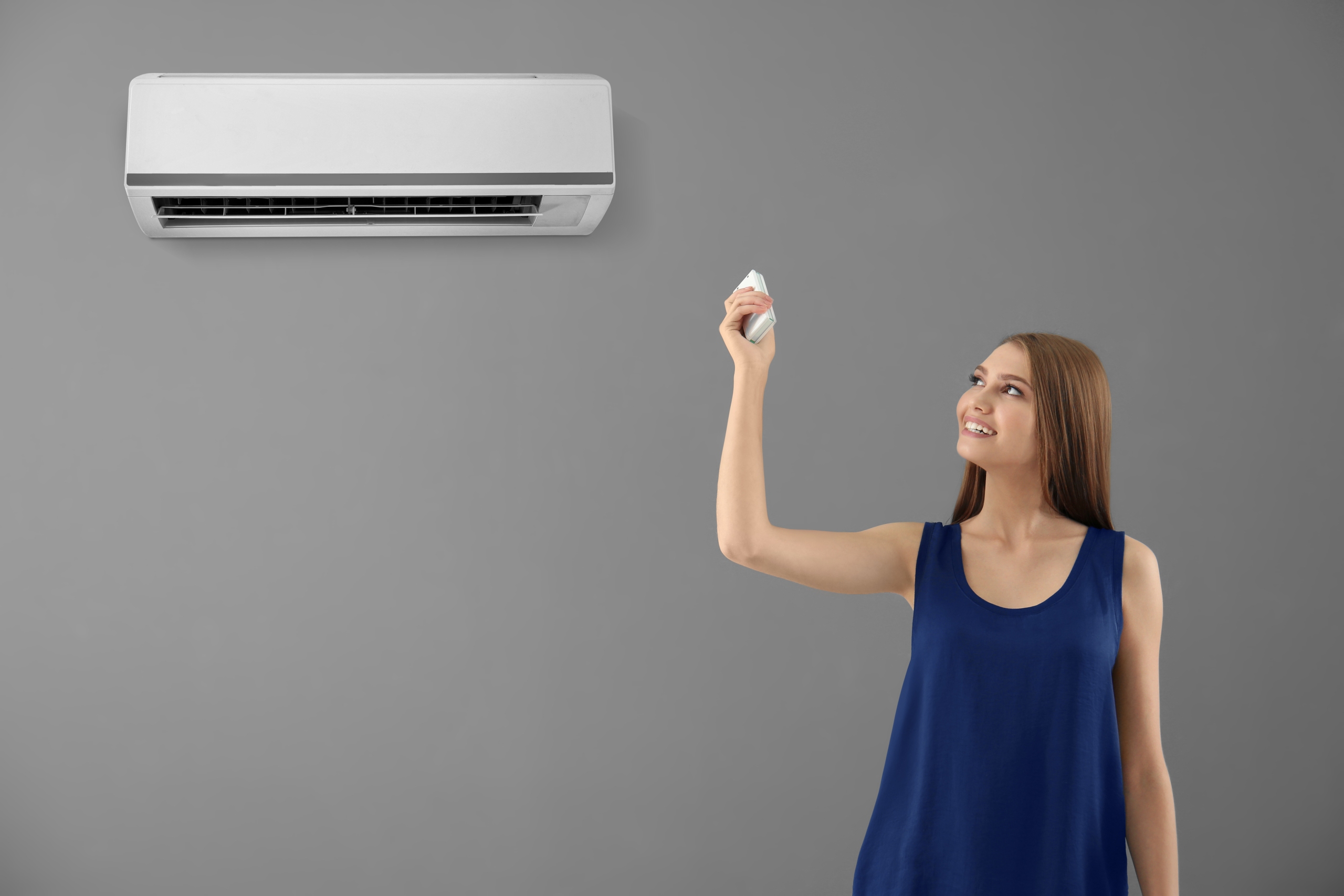8477Views 0Comments

5 Things You Should Know Before Upgrading Your AC Unit
Whether you’re replacing an old system, expanding a current setup, or installing a brand new AC system, there are certain factors that should be taken into account before making the investment. This includes the type of equipment needed, understanding energy efficiency ratings, choosing a qualified installer, and budgeting for the installation. With this knowledge, you can ensure that you get the best system possible to meet your needs. Read on to learn more about how to make sure your air conditioning upgrade is a success.
Consider Your Needs
Before you start shopping for a new air conditioning unit, think about the size of your home and any other specific needs you may have. Is your goal to reduce energy costs? Do you need an AC unit with special features or capabilities? All of these factors should be taken into consideration before making a purchase.
Also keep in mind what sort of unit your house can handle. The last thing you want to do is install a system that is incompatible with your current home’s layout, accommodation, and size.
Research the Different Types
Different types of air conditioners are available, each with its own set of benefits and drawbacks. Window-mounted models are ideal for smaller spaces, as they take up minimal space and can be installed easily. Central units provide more powerful cooling capabilities and are better suited to larger homes or offices. Ductless systems offer a good compromise between cost and efficiency, as they can be installed in areas where ductwork is not possible or too expensive. There are also hybrid systems that combine elements of all three types of air conditioning for maximum adaptability and energy savings. Research each type to see which one best meets your needs.
Get Professional Advice
Before deciding on an AC unit, it’s a good idea to consult with a professional. Ask for advice regarding the best system for your home, so that you can be sure your purchase will be the right one for you.
When hiring an AC installer, it’s important to ask a few key questions. Find out if the technician is certified and licensed in your state or region. Make sure to inquire about their experience with the type of unit you are looking to install and whether they can provide any references from previous customers. Ask what sort of maintenance services they offer and inquire about their estimated time of completion. Be sure to ask what warranties or guarantees they provide as well, so that you can be sure your investment is protected. Lastly, don’t forget to ask for a written estimate before proceeding with the installation. Doing this will help ensure that you are getting the best service and value possible.
Know Your Environment
It’s important to consider the environment in which your air conditioning unit will be installed. Think about things like the size of your home and other factors that could affect the system’s performance, such as the climate. If you live in a hot, humid area, for example, it would make sense to invest in an air conditioner with a higher SEER rating, which stands for seasonal energy efficiency ratio. This number indicates how efficient an AC unit is in terms of cooling your home while using the least amount of energy. Depending on the climate where you live, you may also need to consider additional features like air purification or dehumidifying capabilities. Knowing the environment can help you make an informed decision about which AC system is best for your home.
Even if you live in a considerably colder area, air conditioning units can also be used to provide supplemental heating. These units work by taking warm air from the outside and forcing it through a compressor, which cools the air and then sends it inside. This type of system has several advantages over traditional heating systems, such as lower operating costs, improved indoor air quality, and less noise. Air conditioning units in cold climates are also beneficial because they can be used to help regulate temperatures throughout the home, as well as provide clean and comfortable air. With the right system installed, you can save money on your energy bills while staying warm and comfortable all year round.
Understand Your Budget
Investing in a new air conditioning unit is no small expense. Consider what you can afford and shop around to compare prices. If possible, look for energy-efficient models that will help you save money on your monthly utility bills. Overall, take the time to understand your budget and make sure the AC unit you purchase fits into it.
When it comes to the price of air conditioning units, there is no one-size-fits-all solution. Generally speaking, basic window units can range from as little as $100 to upwards of $500, while central systems start at around $3,000 and go up depending on size and features. When shopping for an air conditioner, it’s important to get a unit that is the right size for your home and budget. Doing research and comparing prices can help you find the best deal on an AC unit that meets your needs.
Upgrading your air conditioning system is an important decision that should not be taken lightly. By considering the size of your home and other needs, researching different types of AC units, consulting with a professional installer, understanding the environment that it will go in, and being mindful of your budget, you can make sure to end up with the right system for your home. With these tips in mind, you can rest assured that your air conditioning upgrade will be a success.


